As much of Europe enters the middle stages of the coronavirus second wave, it has brought not only fear, stress, and dread, but also a second wave of ‘Oh no! Not again!’.
This so-called ‘lockdown fatigue’ is a distinct feeling that people have had enough of mask wearing, self-isolating, and the closing of schools, shops, cinemas, theatres, gyms, restaurants, and swimming pools.
This sentiment, combined with revelations of top politicians breaking their own laws, is leading more and more people to flout the rules.
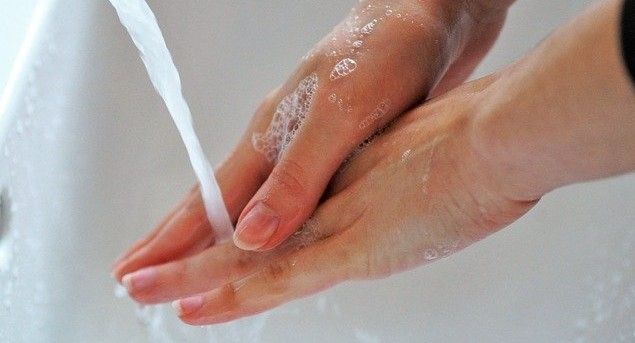
A recent survey of the British public by the polling company Populus found that 26% of people are now paying less attention to government measures.
The situation is even more drastic among younger people, with the survey finding that 42% of 18 to 24-year olds and 35% of 25 to 34-year olds admit to paying less attention to the social distancing measures.
As people’s attitudes are changing it is vital for those of us who still care to maintain a strict routine against infection. And if keeping yourself and your family healthy is a priority then keeping your hands clean has become crucial.
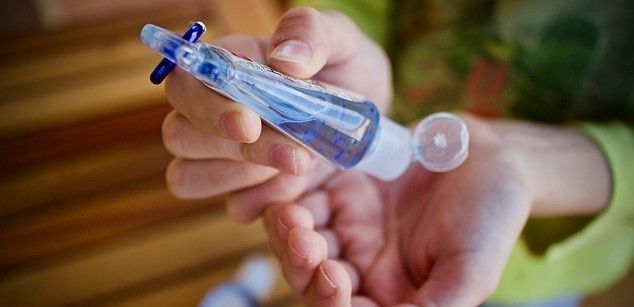
To do this, here are some top tips on keeping your hands virus-free:
1. Use Soap and Water
It sounds obvious, it sounds simple, but given that we are living in a global health pandemic, too many people are not washing their hands enough.
This is particularly important as not only do health officials acknowledge that hand washing is key to avoiding infection, but also because hand sanitiser is not an effective defence if hands are visibly dirty or covered in grime.
Hand sanitiser cannot kill pathogens that are living inside dirt, particularly under fingernails.
As Dr J.D. Zipkin, a Chief Medical Officer at GoHealth Urgent Care, notes, “Hand sanitizer only works if it comes into direct contact with the virus that causes COVID-19.”
While hand sanitiser does kill coronavirus, to ensure the removal of all pathogens, people need to wash their hands frequently.
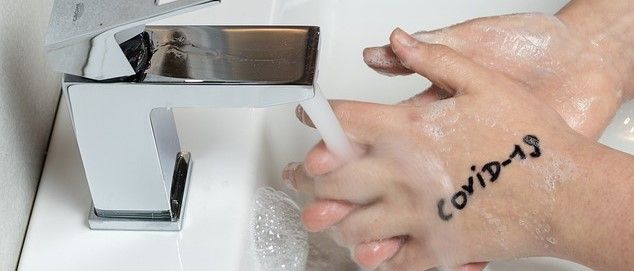
2. Use an Effective Hand Sanitiser
The online magazine Refinery29 explains, “Whatever [brand of hand sanitiser] you choose, some ground rules will help ensure you’re actually removing what you want to — and not stripping away all the beneficial bacteria that also resides on our skin (while drying out your hands in the process). That means adhering to the Center for Disease Control guidance by using a hand sanitizer with at least 60% alcohol and following the manufacturer’s instructions, which often require using more of the gel or spray than you’d think …”
3. Beware of Infected Sanitiser Bottles
Whenever soap and water are not available, yet clean hands are needed, everyone knows that it is time to pass around the sanitiser for a quick clean up. However, this can come with its own risks.
“Keep in mind that the hand sanitizer bottle and pump likely has a high concentration of germs,” says Dr Zipkin, “so avoid touching it immediately after hands are cleaned.”
4. Disinfect Frequently Touched Surfaces
While it is a good practice to wash your hands when returning from the supermarket, is the virus waiting on the steering wheel or gear stick for when your loved ones next use the car? Have the kids brought home the virus and left it on a door handle for when grandma visits?
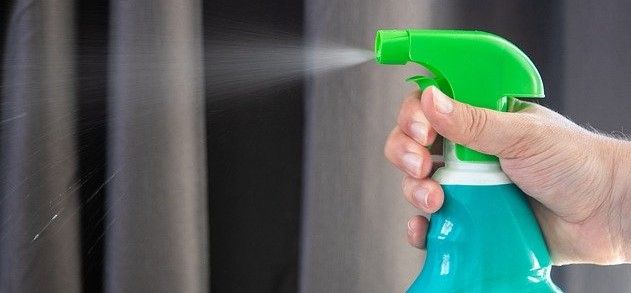
A laptop keyboard, the TV remote control, door handles in your home, a computer mouse, your phone, the kettle, a steering wheel, the banister railing, are all items or places that we frequently handle. They are all places where the coronavirus could be living and where it could be transmitted from person to person.
A quick spray with disinfectant and a thorough wipe could make all the difference.
5. Everything in Moderation
We all want to stay healthy, but it is important not to clean and sanitise our hands too often. Doing so can cause the skin to dry out and crack, increasing the risk of infection.
“Hands should be cleaned after any event that increases the risk of accumulating germs, such as going to the bathroom, working with trash, coughing, or sneezing,” says Dr Zipkin. “Similarly, we want to ensure they're clean before events that could introduce germs to our body, such as eating or putting in contacts.”
In public places, too much hand washing can even expose people to added risks, with public bathrooms full of high-contact spaces such as light switches, taps, door handles, and soap dispensers all potential carriers of coronavirus. This often means that when outside the home, people can be better off using hand sanitiser than a sink.
As Dr Zipkin states, “The portability and access of hand sanitizer allows for easier and more frequent use on the go compared to washing with soap and warm water.”
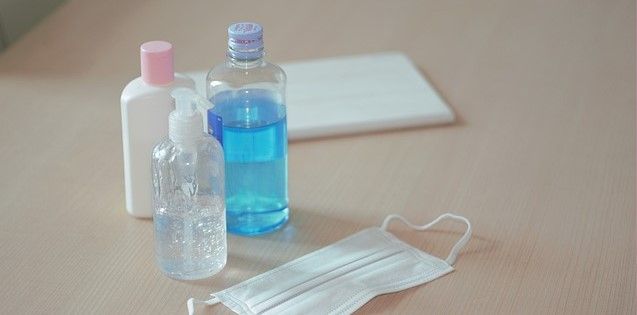
Staying healthy these days is not easy, but it has never been more important.
Following the simple steps of mask wearing, hand washing, social distancing, and frequent use of an effective hand sanitiser, can help us all get through this second wave of the pandemic.
Everyone is fatigued by coronavirus, but one of the best ways of fighting back is to keep our hands clean.
Photo credit: ivabalk, Myriams-Fotos, mohamed Hassan, นิธิ วีระสันติ, Luisella Planeta Leoni, & Squirrel_photos from Pixabay